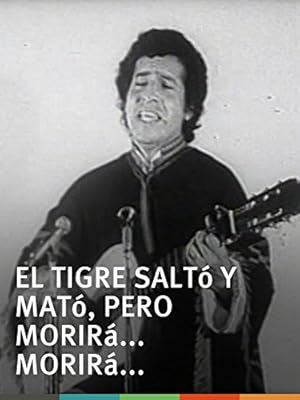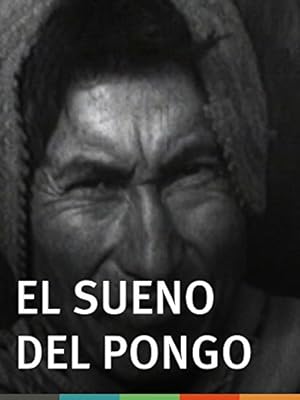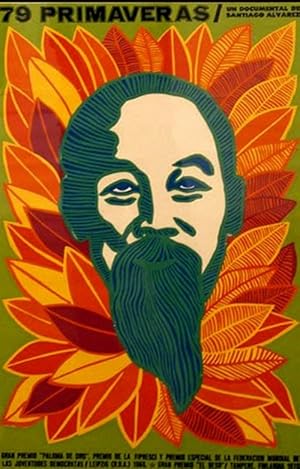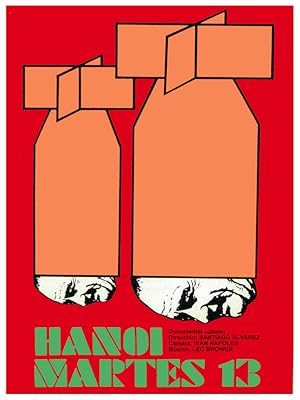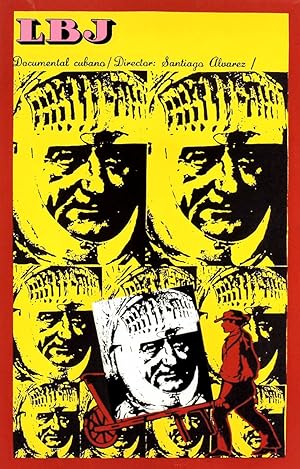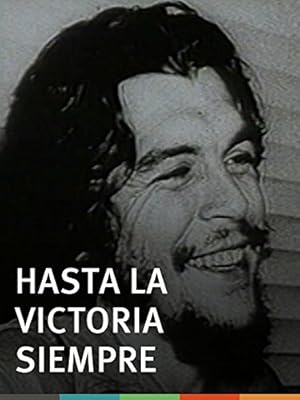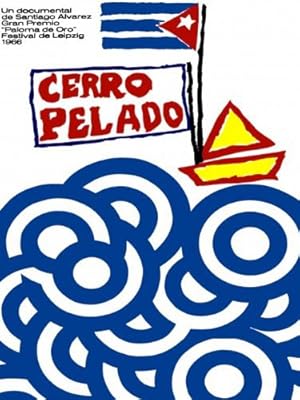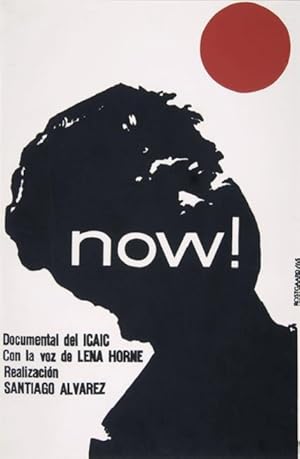Movies by Santiago Álvarez
Welcome to our dedicated selection of films directed by Santiago Álvarez. Here, you can explore a diverse range of works that highlight Santiago Álvarez’s unique vision, storytelling style, and contribution to the world of cinema. Whether you’re an avid fan or discovering Santiago álvarez’s filmography for the first time, this collection will guide you through critically acclaimed masterpieces, hidden gems, and influential titles that have shaped the director’s legacy.
The Tiger Leaps and Kills, But It Will Die... It Will Die... (1973)
0
An obituary for Victor Jara, the Chilean folksinger who was murdered in a football stadium by the military junta during the days of the September 1973 coup.
The Servant's Dream (1970)
0
An ordinary man goes to work in a rich household of Peru and has a dream in which he sees his boss and himself appearing as equal in front of the Archangel before going to heaven... Based on a tale by Jose Maria Argueda
79 Springs (1969)
0
This film memorializes the leader of Vietnam, Ho Chi Minh, on the occasion of his death. It narrates the story of a life which is also the story of a nation-recounting his important accomplishments in the struggle against colonialism and imperialism.
Hanoi, Tuesday 13th (1969)
0
In December 1967 a Cuban film crew led by Santiago Alvarez, the veteran polemicist, traveled to Hanoi. They shot the footage which constitutes this short documentary all in one day - Tuesday 13. The film is the story of that day, and what happened to the North Vietnamese people in the course of it.
LBJ (1968)
0
This is a montage of different images from the JFK, Martin Luther King and Bobby Kennedy triumphs and assassinations, all three events being observed by Lyndon Johnson as the dark figure who is plotting the anti-black rights movement.
Hasta la Victoria Siempre (1967)
0
An obituary of Che Guevara, made in forty-eight hours to be shown at the mass meeting on the 18th October 1967 in the Plaza de la Revolucion in Havana, where Fidel Castro announced the death of Guevara in Bolivia.
Cerro Pelado (1966)
0
A ship of athletes training on the rough seas becomes a symbol of Castro’s Cuba, the games projected on the backdrop of political struggle. This is the story of a ship and of a sports delegation whom the enemy tried to stop from participating in the Tenth Central American and Caribbean Games.
Now! (1965)
0
Using morgue photos, newsreel footage, and a recording by Lena Horne, Cuban filmmaker Santiago Alvarez fired off 'Now!', one of the most powerful bursts of propaganda rendered in the 1960s.
